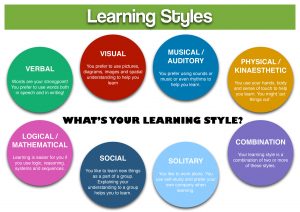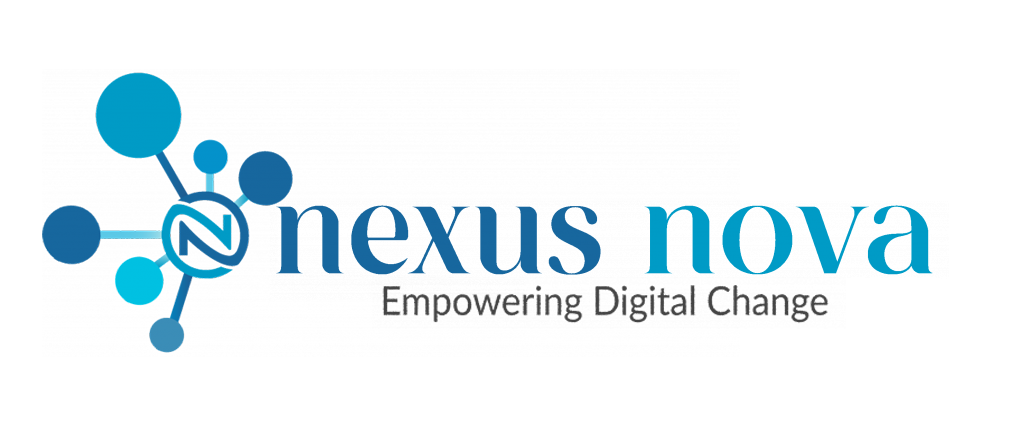The Value of Understanding End User Learning Needs
The Value of Understanding End User Learning Needs
The Value of Understanding End User Learning Needs

In today’s dynamic educational landscape, understanding end user learning needs is crucial for effective training programmes. Tailoring experiences to specific learner needs enhances engagement and outcomes, creating a personalised and impactful journey. Recognising individual motivations and challenges allows for targeted strategies that improve comprehension and retention. This leads to more effective education, empowering learners to apply their skills confidently. Prioritising unique learning needs transforms education, achieving greater success for all stakeholders.
Identifying Learning Preferences
Identifying learning preferences is key to understanding end user needs. Learners may be visual, benefiting from charts; auditory, preferring lectures; or kinaesthetic, needing hands-on experiences. By recognising these preferences, trainers can use varied instructional methods to cater to a diverse audience, ensuring each learner engages with the material effectively. Mixing visual aids, auditory materials, and practical exercises creates a more inclusive and effective learning environment.
Assessing Prior Knowledge and Skill Levels
Assessing learners’ prior knowledge and skill levels is vital for tailoring content to fill gaps and build on existing knowledge, avoiding redundancy and frustration. Effective assessment through pre-tests, surveys, or informal discussions helps design a curriculum that is both challenging and achievable. Understanding learners’ starting points promotes a more effective learning process. Data-driven approaches ensure targeted and efficient education, enhancing the overall learning experience.
Addressing Barriers to Learning
Addressing barriers to learning is essential for effective education. These obstacles, whether physical (lack of technology) or cognitive (learning disabilities, language barriers), can hinder progress. By understanding and addressing these issues, educators can develop strategies to overcome them. Providing materials in various formats (text, audio, video) and creating an inclusive environment supports diverse learners. Implementing accessible design principles and offering supportive resources ensures equal opportunities and significantly improves learner outcomes.
Customising Content and Delivery
Customising content and delivery benefits end user learning by allowing learners to progress at their own pace and focus on areas needing improvement. In corporate training, employees receive role-specific modules, making training relevant and applicable. In academics, customisable modules let students explore interests in depth, enhancing engagement and motivation. Leveraging technology to create adaptive learning experiences ensures each learner’s journey is unique and effective, fostering a more personalised and impactful education.

Measuring and Evaluating Learning Outcomes
Understanding end user learning needs is crucial for measuring and evaluating outcomes. Setting clear, achievable goals and tracking progress helps determine training effectiveness. Regular feedback and assessments reveal how well learners absorb material and what adjustments are needed to improve comprehension and retention. Continuous evaluation ensures training stays relevant and effective, adapting to evolving needs. Using both formative and summative assessments provides a comprehensive view of learner progress and programme efficacy.
Nexus Nova: Your Partner in E-Learning Excellence
At Nexus Nova, we specialise in providing top-notch e-learning solutions tailored to meet the unique needs of the healthcare sector. Our services include healthcare management training, EPR (Electronic Patient Record) training, customisable Moodle development, training management, and floorwalking. By understanding and addressing the specific learning needs of our clients, we ensure that our training programmes are effective and impactful. Our commitment to customised, evidence-based training solutions sets us apart in the industry.
For more information or to discuss your training needs, contact us at 02036330555 or email us at info@nexusnova.co.uk. Let us help you achieve excellence through customised and effective e-learning solutions.
Quick Contacts
- Phone :02036330555
- Email : info@nexusnova.co.uk
- Address : 83 - 85 Baker Street, Marylebone, London, England, W1U 6AG
- Country : England
Subscribe
- Copyright © 2025 Nexus Nova . All rights reserved.




